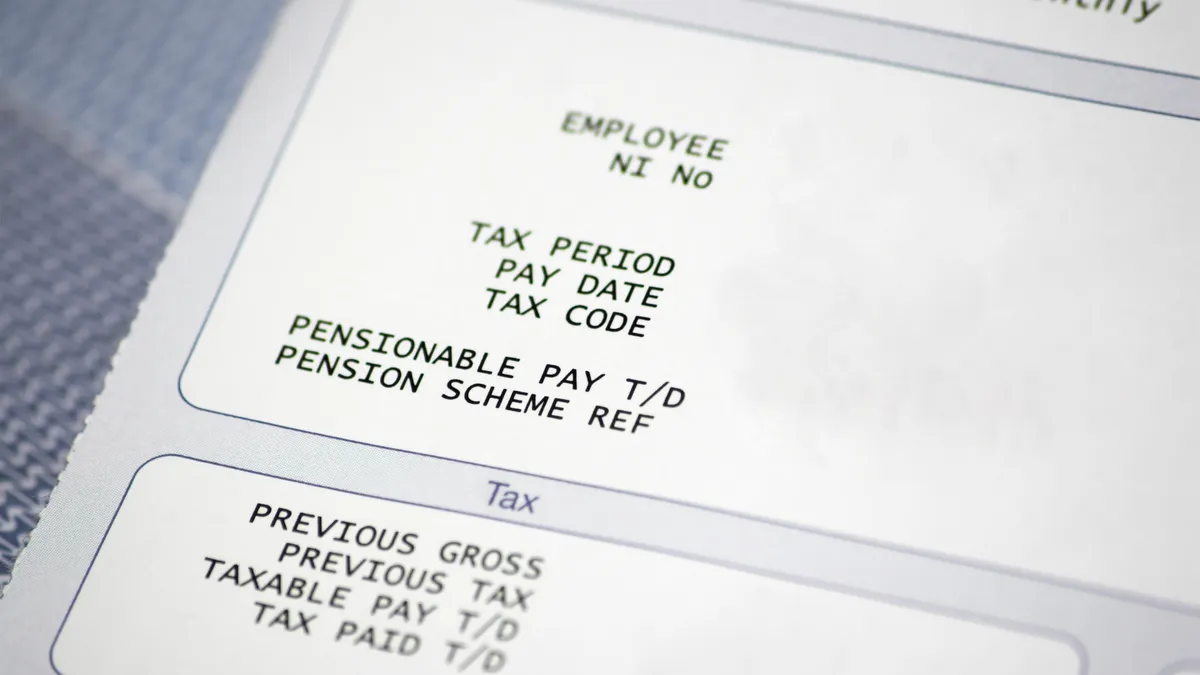JPMorgan Chase attributes many push payment scams to fraudulent activity that starts on social media platforms, an executive for the bank's payments arm said.
"The proliferation on social media platforms and marketplaces, and the comfort of consumers with transacting on those platforms, have resulted in significantly more fraud occurring through those vehicles," said Greg Hodges, head of trust and safety at JPMorgan Payments.
The executive for the largest U.S. bank made the comments during the Fighting Payments Fraud in 2025 virtual event hosted by Payments Dive and Banking Dive last week when asked about scams that begin with interactions on social media, specifically Facebook.
About half of scams reported to Chase originate on social media sites. The bank said recently that it will soon stop allowing payments that originate on social media platforms and sent through the Zelle peer-to-peer instant payment network. Zelle is operated by Early Warning Services, which is owned by seven banks, including JPMorgan Chase.
“We’ll decline those transactions because Zelle is meant to pay friends, family and other trusted recipients you know, not for others you meet on social media,” the website says.
The change will take effect on March 23, and Chase may begin asking about payment information to help protect customers, a spokesperson said.
The company is updating its terms to help customers protect themselves against scams “that overwhelmingly originate from contact through social media platforms,” a spokesperson for the bank said by email.
A push-payment scam happens when a bad actor contacts an unsuspecting consumer and persuades that consumer to send them money. The money may be sent through any number of payment channels, including possibly over a peer-to-peer payment network or a real-time payment network.
Contact between the bad actor and the consumer often begins on social media platforms or online marketplaces, Hodges said.
The bank currently deals with this problem by warning consumers about possible scams before the transaction occurs, he said.
"The opportunity to detect and mitigate (scams) isn't on the (social media) platform itself, it actually occurs at the time of payment," Hodges said.
Peer-to-peer and real-time payment networks, which scammers are increasingly using to orchestrate scams, are the digital equivalent of paying cash, he said.
"Once you use those approaches to moving money, it becomes extremely difficult — but not impossible — to recover that money, which is why it's become such an attractive mechanism for fraud" and scams, Hodges said.
In addition to giving customers access to the Zelle network, JPMorgan can offer real-time payment services through FedNow and the RTP Network operated by The Clearing House.
Consumer advocates have criticized financial institutions and payments providers for not doing enough to make fraud victims whole.
Last year, lawmakers castigated companies like Early Warning Services in letters to banks and aggressively questioned bank executives in committee hearings.
Customers of Wells Fargo, Bank of America and JPMorgan disputed about $206.7 million worth of Zelle transactions in 2023 on the grounds that they were scammed, according to a U.S. Senate report from July 2024. Only about 19% of those transactions were reimbursed, the report said.
The Consumer Financial Protection Bureau also sued Zelle and three of its bank owners in December, alleging customers of those banks have lost $870 million to fraud and scams over the network's seven-year lifespan.
EWS countered that it has been effective in its fighting against fraud and called the lawsuit misguided. The bureau's acting director, Russ Vought, halted all work at the agency earlier this month, leaving the future of the case in doubt.
JPMorgan employs artificial intelligence to spot transactions that are out of the ordinary and keeps users of its real-time payment systems informed about scam tactics, Hodges said.
The bank's website includes educational information on recognizing and avoiding push payments scams, Hodges noted.
"We have some information about the types of scams that are out there and what to be aware of, and some online do's and don’ts," he said.
For its part, Early Warning Services has also tried to sound the alarm about consumers sending payments to contacts they meet on social media sites and in digital marketplaces. When consumers don’t know people on those sites asking for a payment, it should raise “red flags,” Denise Leonhard, Zelle’s general manager, said during one of the panel discussions during the virtual event.
“Some of these channels, they do start to open up that opportunity for criminals to be able to reach out,” Leonhard said. “My advice would just be, obviously, to only send money to people that you know and trust, because we do see fraud begin in those places where people don't necessarily know each other.”



















